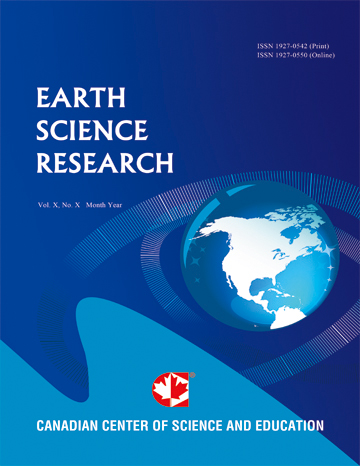Petrographic Investigation of Target Rock Transformation under High Shock Pressures from the Colônia Impact Crater, Brazil
- Victor F. Velázquez
- Rodrigo F. Lucena
- Jose M. Azevedo Sobrinho
- Alethéa E. Martins Sallun
- William Sallun Filho
Abstract
The Colônia impact crater, developed on crystalline basement rocks, offers an excellent example of one of the most unique features of the impact process: the effects of shock waves on textural and mineralogical changes of the target rock. The impact melt-bearing impactites were derived essentially from the igneous and metamorphic rocks, including granite, mica schist, granitic gneiss, and quartzite. Investigations using optical microscopy indicate that the effect of shock waves on those lithologies caused a wide variety of deformation features and generation of new materials. The most common features include fluidal textures, unusual rearrangement patterns between grains, recrystallization, decomposition and precipitation of new phases, agglutination of glassy and crystalline spherules, and the mobilized melt formed different types of impact melt particles. These transformations cover processes that may involve a new grain growing at the expense of parental grains of the same species, or crystallization of different mineral types from component-providing grains until a complete textural and compositional change of the target rocks occurs. Small-scale structures in deformed rocks are particularly interesting for exploring elastic-plastic deformation, phase transformations, and generation of impact melt products.
- Full Text:
 PDF
PDF
- DOI:10.5539/esr.v7n1p13
Index
Contact
- Lesley LuoEditorial Assistant
- esr@ccsenet.org
